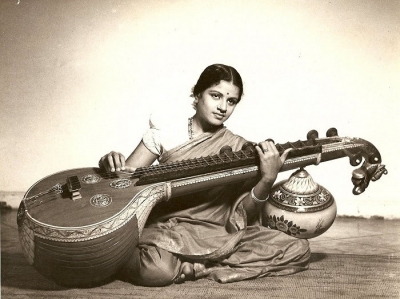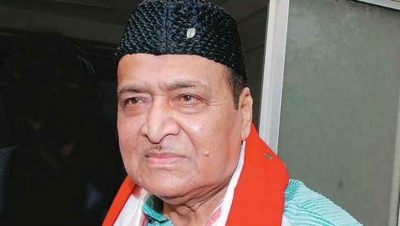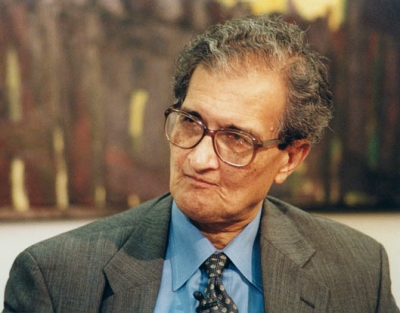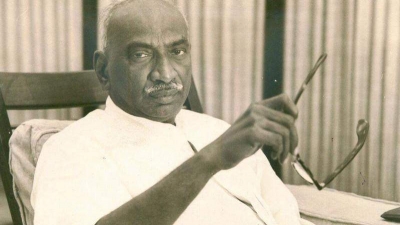In 2001, who became the second vocalist to receive the honour?
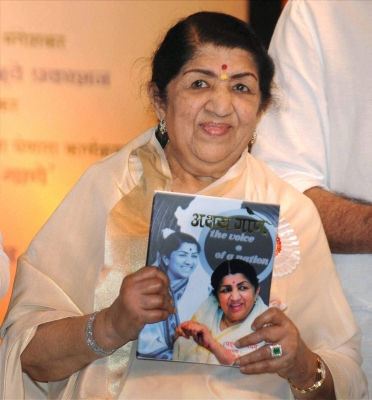
Lata Mangeshkar (born as Hema Mangeshkar on 28 September 1929)) is an Indian playback singer and music director. She is one of the best-known and most respected playback singers in India. She has recorded songs in over a thousand Hindi films and has sung songs in over thirty-six regional Indian languages and foreign languages, though primarily in Marathi, Hindi, Bengali and Assamese.
The Dadasaheb Phalke Award was bestowed on her in 1989 by the Government of India. In 2001, in recognition of her contributions to the nation, she was awarded the Bharat Ratna, India's highest civilian honour and is only the second vocalist, after M. S. Subbulakshmi, to receive this honour. France conferred on her its highest civilian award, the Officer of the Legion of Honour, in 2007.
Lata is the eldest child of the family. Meena, Asha, Usha, and Hridaynath, in birth order, are her siblings; all are accomplished singers and musicians.
Lata received her first music lesson from her father. At the age of five, she started to work as an actress in her father's musical plays (Sangeet Natak in Marathi). On her first day of school, she left school because they would not allow her to bring her sister Asha with her, as she would often bring her younger sister with her.
Picture Credit : Google
